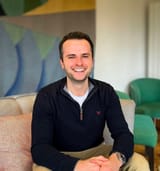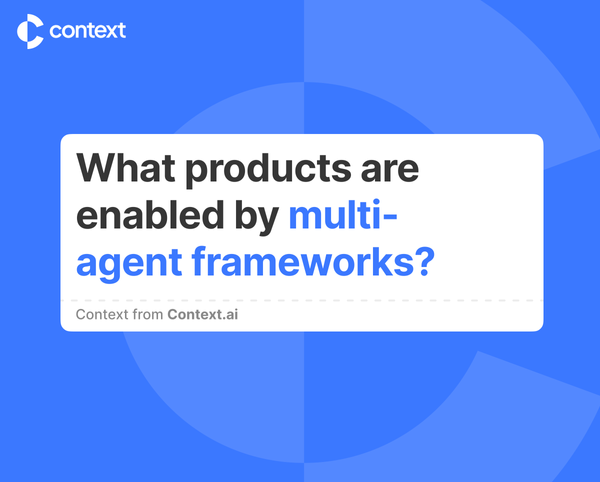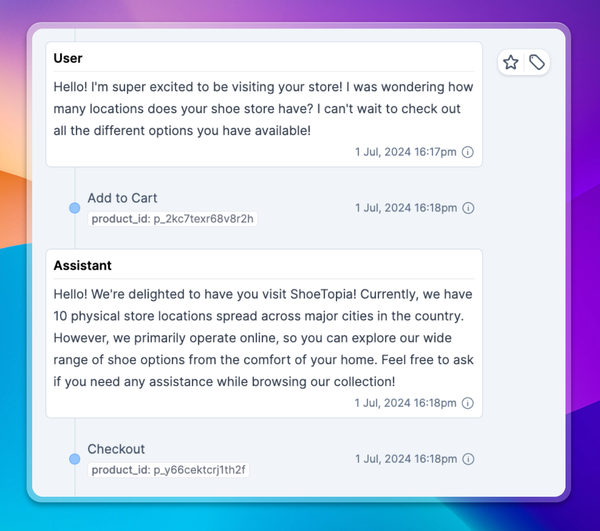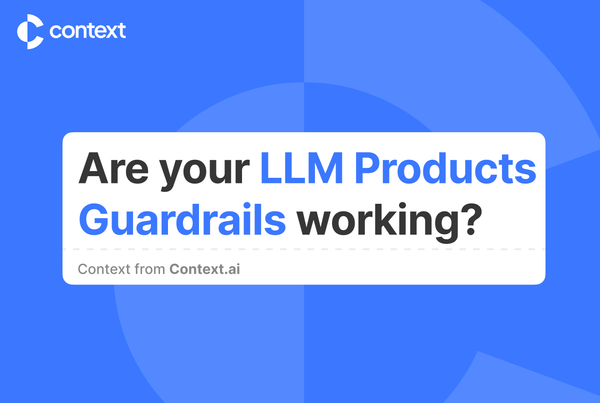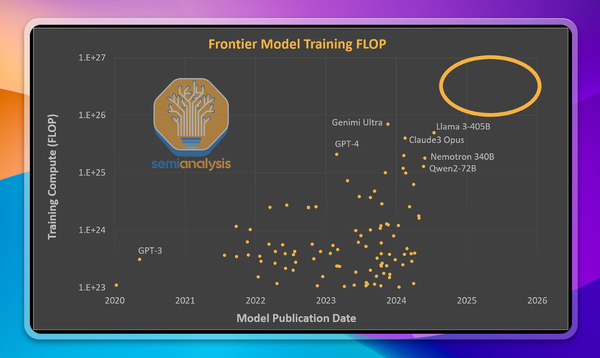Life as an early stage AI startup founder - and how it differs from my expectations
Before I started Context, I often wondered what starting a startup would be like, and how it would differ from my previous job as a Product Manager at Google. This is what a typical week looks like, and how that differs from my expectations.

I’m a Founder and CEO based in London, working on my seed stage AI startup, Context. We build product analytics tools for developers of Large Language Model / AI products - giving visibility into user behavior and product performance.
Before I started Context, I often wondered what starting a startup would be like, and how it would differ from my previous job as a Product Manager at Google. This is what a typical week looks like, and how that differs from my expectations.
Much like being a PM, and consistent with the cliches, every week is vastly different. I spend days jumping between many tasks, and I love this. It keeps work interesting and there is never a dull moment.
Unlike being a PM, there is a much broader range of responsibilities. This spans product work defining the company's roadmap, to tasks I was less familiar with: selling to customers, hiring, corporate administration, and learning the many new skills required for a founder
Product
As a Product Manager turned Founder, this is the area I was best prepared for. I spend a few hours each week revising our product roadmap, scoping features, and designing new ideas with the team around a whiteboard.
I’ve been surprised at how little time I need to spend in this area. This is likely due to a combination of my skills being the most developed here, the relatively low engineering capacity we’re working with at 2 engineers vs 10+ at Google, and primarily because Alex, my cofounder, has great product skills.
Selling
I spend far more time selling, and this covers a broad range of tasks. The customer journey starts with awareness, which comes from hours writing tailored outbound LinkedIn messages and writing content marketing pieces (like this!). It then spans customer discovery calls, integration support, and post-integration customer success. This is the area I spend the most time, and where I’m learning the fastest. PM skills of stakeholder management and relationship building are helpful, but there are many more sales skills I’ve had to learn over the past few months.
Some of the most interesting lessons here are the importance of aggressively disqualifying leads to avoid wasting time, that selling is about discovering problems and asking questions far more than it is about pitching, and that being direct trumps beating around the bush every time.
Hiring
When we first started, the team was just me and Alex, but it’s hard to build an enduring, successful business with a team of 2. Building a high performing team with a great culture as a foundation for the company is key to our success. I spend a lot of time reviewing candidates, and especially completing first round and final round interviews.
This has again surprised me in how much time it takes up, but also in how hard the decisions are. I did a lot of hiring at Google, but the hard final hiring decisions were made by the far-away Hiring Committee. Having to make the go / no-go decision on candidates is difficult. Hiring someone is such a big commitment, and you have relatively little information to go on. Here we are prioritizing great product skills, fantastic soft skills, optimism, and kindness in addition to raw technical ability.
Corporate administration
The volume of administrative work required in setting up and running a company has been surprising and - at times - frustrating. This spans accounting, legal, compliance, and HR. Unlike the crucial (and fun) tasks in product, sales, and hiring, these tasks don’t make our business successful on their own. They’re table stakes, and taxes on our time. These I aim to do well, but to minimize and delegate to our great legal and accounting service providers where possible.
Learning
The rate of learning as a founder is extremely high, but not all of it happens by default. I find learning happens more effectively when I take time for intentional reflection and review of skills I’m applying. I’ve been setting aside time for learning, mostly in the area of sales and GTM. These are absolutely critical to our success as a B2B SaaS product, and are areas where my past experience is thinnest. The most helpful learning resources have been sales coaching, advice from our angel and VC investors, as well as some great blog posts, podcasts, and books.
Would I recommend it?
Being a founder has been an incredible experience so far, and in a few short months I’ve learned more than I did in years at Google. The responsibilities have been broader and more challenging than I expected, and there are lows as well as highs, but I’ve rarely enjoyed work as much as I do now, and I’ve definitely never had this much fun at work before.
Are you a founder in London? Are you building with LLMs? Or are you a software engineer looking for your next position? I’d love to hear from you! Please reach out on LinkedIn.

